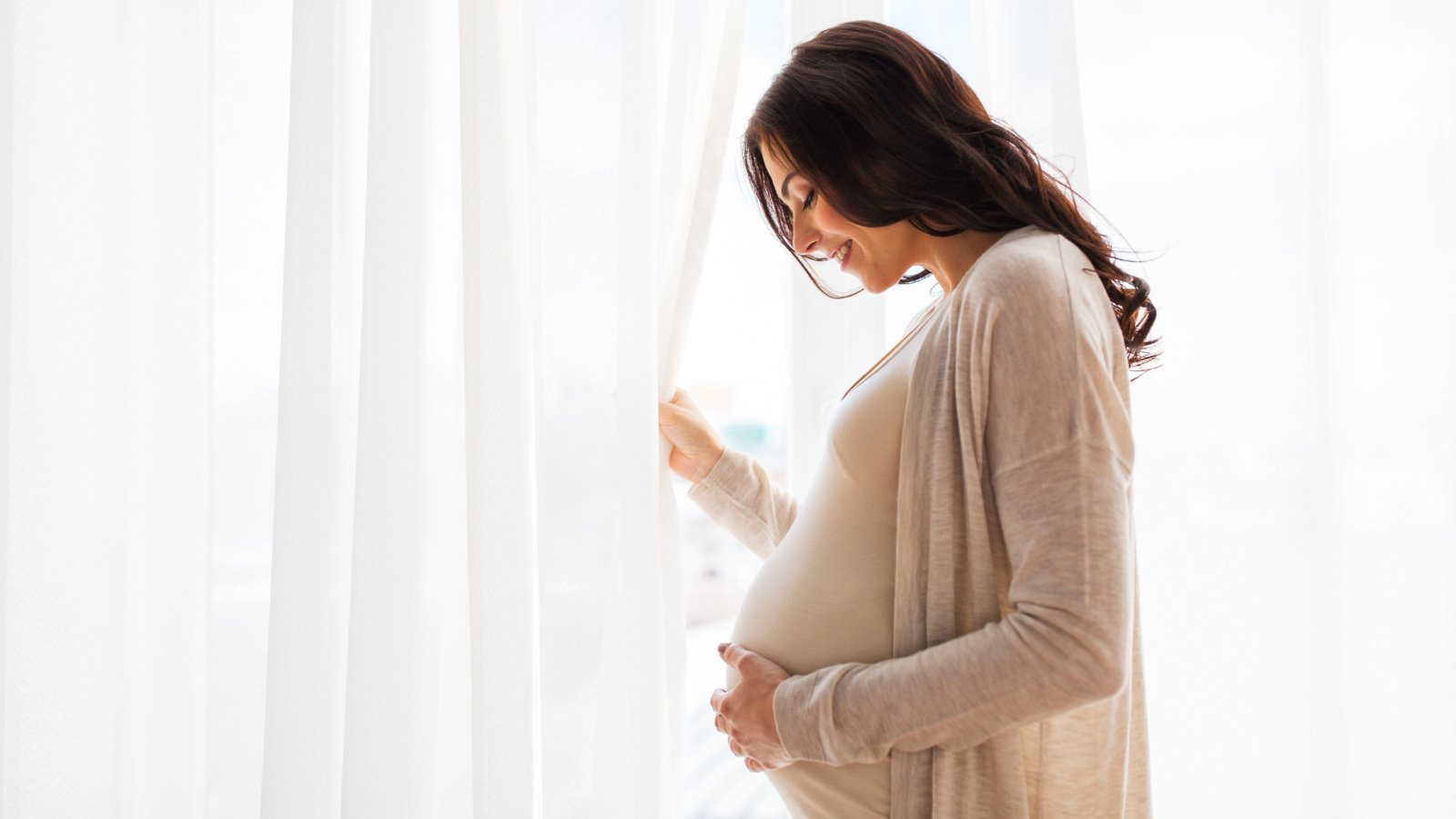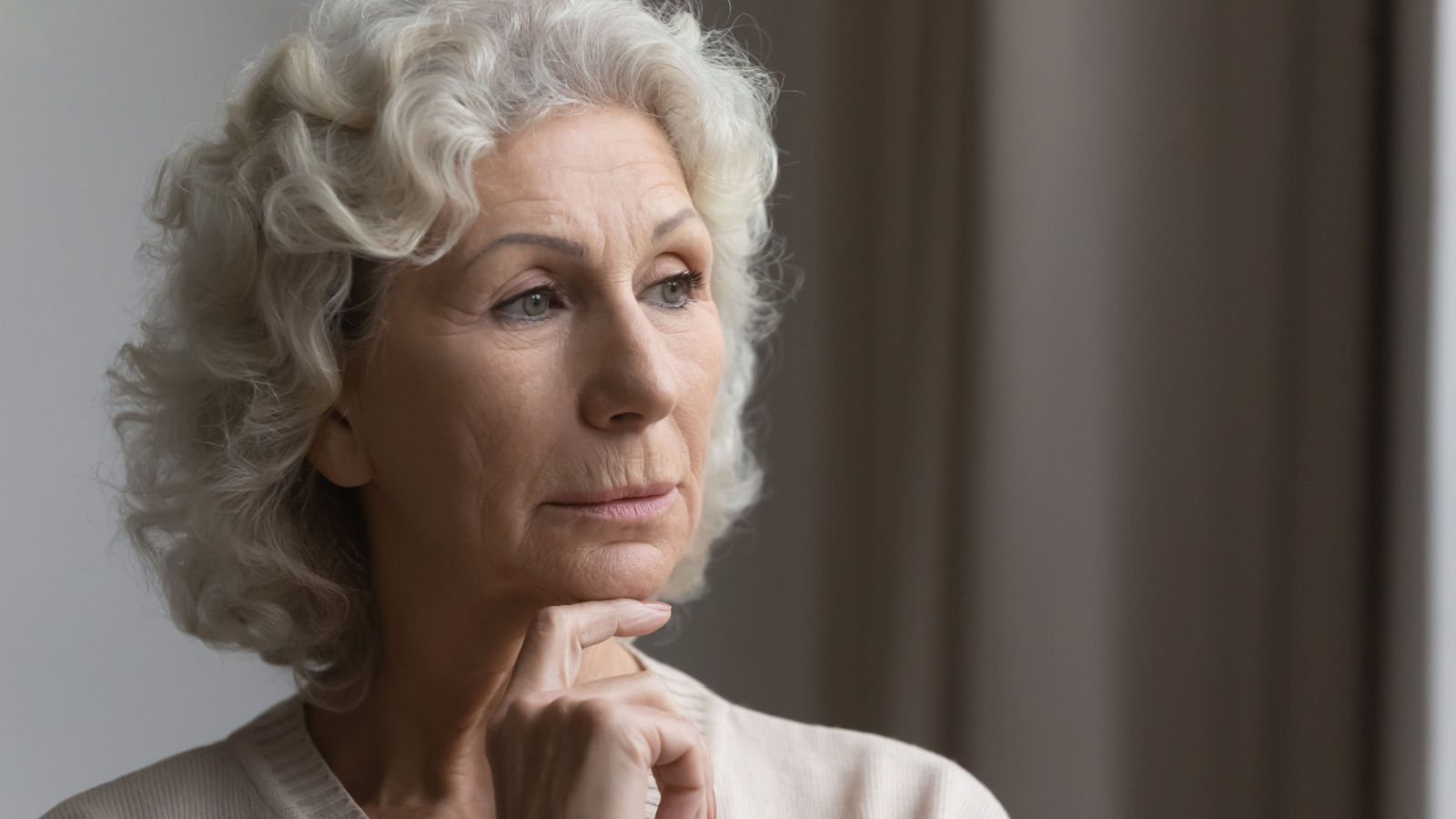Mental health disparities between genders are a significant concern, with women often experiencing higher rates of certain mental illnesses than men. This phenomenon can be attributed to a complex interplay of biological, social, and environmental factors that uniquely impact women throughout their lives. From hormonal fluctuations to societal pressures, these factors contribute not only to the prevalence but also to the intensity of mental health issues in women. Understanding why these disparities exist is crucial for developing targeted interventions and support systems that address the specific needs of women.
Hormonal Fluctuations

Women experience significant hormonal changes throughout their lives due to menstruation, pregnancy, and menopause. These fluctuations can greatly impact mood and are linked to conditions such as premenstrual dysphoric disorder, postpartum depression, and perimenopausal depression. Such hormonal imbalances make women more susceptible to mood disorders compared to men, who have more stable hormonal levels.Some women even opt for hormone replacement therapy or consuming ovarian support supplements as a less invasive way to ease hormonal imbalance symptoms.
Societal Expectations

Women often face societal pressures to fulfill multiple roles, such as caregiver, professional, and homemaker. This pressure can lead to stress, anxiety, and a sense of failure when they feel unable to meet these expectations. The chronic stress of trying to balance these roles contributes significantly to higher rates of depression and anxiety among women.
Higher Rates of Sexual Violence

Statistics show that women are more likely to be victims of sexual violence, which can lead to long-lasting psychological trauma. Experiences of sexual assault increase the risk of developing conditions like PTSD, anxiety, and depression. The trauma from such experiences can have a profound and enduring impact on mental health.
Economic Inequality

Women often earn less than men, which can lead to financial stress and limited access to healthcare resources, including mental health services. Economic insecurity is strongly linked to mental health disorders, as financial strain can increase stress and feelings of businesselessness. Additionally, poverty can exacerbate the severity of mental illness and hinder recovery.
Body Image Issues

Cultural standards of beauty can place intense pressure on women to meet unrealistic physical expectations. This societal pressure can lead to body dissatisfaction, eating disorders, and low self-esteem. Constant exposure to idealized images of female beauty in media contributes to a higher prevalence of body image issues in women than in men.
Caregiver Stress

Women are more likely to assume caregiving roles for children, elderly relatives, or ill family members. The demands of caregiving, often without adequate support, can lead to caregiver burnout, a state of physical, emotional, and mental exhaustion. This role, while fulfilling, can also lead to significant stress and increase the risk of developing mental health issues.
Gender Bias in Healthcare

Women’s symptoms are often not taken as seriously as men’s in healthcare settings, a phenomenon known as the “gender pain gap.” This can lead to misdiagnosis or delayed diagnosis of mental health issues. The lack of proper recognition and treatment exacerbates mental health conditions in women.
Postpartum Changes

Postpartum depression affects approximately 15% of women following childbirth due to a combination of hormonal changes, psychological adjustment to motherhood, and sleep deprivation. Unlike men, women have the unique risk of experiencing mental health disorders associated with childbirth. The societal expectation to immediately bond with the newborn can also create immense pressure, contributing to mental distress.
Lifetime Prevalence of Anxiety

Studies indicate that women are about twice as likely as men to suffer from anxiety disorders. Women’s brains appear more sensitive to stress hormones and are more likely to develop anxiety as a coping mechanism. The high prevalence of anxiety disorders in women highlights the need for targeted mental health interventions.
Less Social Support

While women often have strong social ties, the quality of social support can be less than that available to men, who may benefit more from their social connections in terms of mental health protection. Women’s social interactions often involve emotional support, which can become emotionally draining over time, especially if the support is not reciprocated. Social isolation, particularly in older women, further increases the risk of depression.
Stigma and Shame

The stigma surrounding mental illness can be particularly harsh for women, who may be judged more critically when they exhibit symptoms or seek help. Cultural expectations that women should be able to handle emotional issues without assistance can prevent them from seeking the care they need. This stigma can lead to higher rates of untreated mental health disorders among women.
Genetic Predisposition

Research suggests that women may be genetically predisposed to certain types of depression and anxiety. Studies have found that certain genes linked to the serotonin system, which regulates mood, may function differently in women. This genetic aspect may explain why women are diagnosed with depression at approximately twice the rate of men.
Chronic Health Conditions

Women suffer from higher rates of chronic health conditions such as fibromyalgia, chronic fatigue syndrome, and autoimmune diseases, which are linked to increased rates of depression and anxiety. The stress of managing chronic illness can significantly impact mental health. Women’s greater longevity also exposes them to a higher risk of developing these conditions, which complicate their psychological well-being.
Reproductive Rights Issues

Issues surrounding reproductive rights, including the ability to control one’s reproductive health, can cause significant anxiety and stress. Restrictions or difficulties in accessing reproductive health services can lead to feelings of helplessness and depression. These issues impact women uniquely, directly affecting their mental health.
Retirement and Aging

Women face particular challenges as they age, such as widowhood, the loss of social networks, and the onset of age-related illnesses, which can lead to depression. Additionally, women often have fewer financial resources in retirement due to a lifetime of lower earnings. These factors can contribute to increased anxiety and depression in elderly women.
Motherhood Penalties

The “motherhood penalty” refers to the economic and career disadvantages that mothers often face, contrasting sharply with the “fatherhood bonus,” where men may see increased earnings after becoming fathers. These penalties can include lower pay, perceived incompetence, and less career advancement, contributing to stress and reduced self-esteem. Such systemic discrimination can adversely affect mental health.
Early Puberty and Its Effects

Girls who experience puberty earlier than their peers are at a higher risk for mental health disorders, including depression and eating disorders. Early puberty can lead to increased self-consciousness, bullying, and social isolation. The psychological impact of these experiences can have long-lasting effects on mental health.
Fear of Violence

Women’s greater fear of violence, whether it is justified by actual higher risk or not, contributes to their mental health burden. The constant vigilance required to navigate public spaces safely can lead to chronic stress and anxiety. This fear can limit women’s movements and activities, further isolating them and increasing the risk of depression.
Access to Mental Health Resources

In many regions, especially in developing countries, women have less access to mental health resources than men. Cultural norms may restrict women’s mobility or their ability to seek treatment without a male relative’s permission. This lack of access can delay or prevent women from receiving necessary mental health care.
Double Bind of Professionalism and Warmth

Women in professional settings often face a double bind of needing to appear competent but not too assertive, which could be perceived as unlikable. Balancing professionalism with expected warmth can lead to stress and self-doubt. These pressures can undermine mental well-being and contribute to workplace anxiety.
Traditional Role Conflict

Even as societal roles have evolved, many women still face the conflict of traditional expectations versus modern realities. Balancing career aspirations with traditional roles of caregiving can result in significant role conflict. This conflict often leads to feelings of guilt and stress, which can exacerbate mental health issues.








